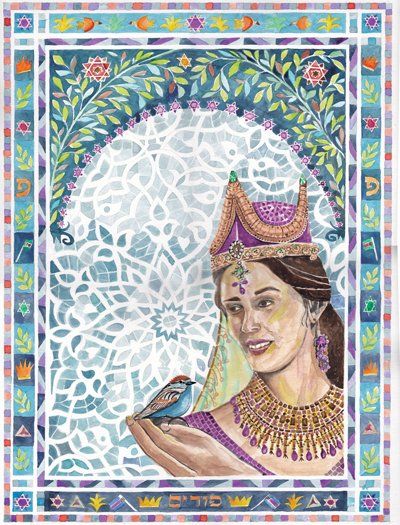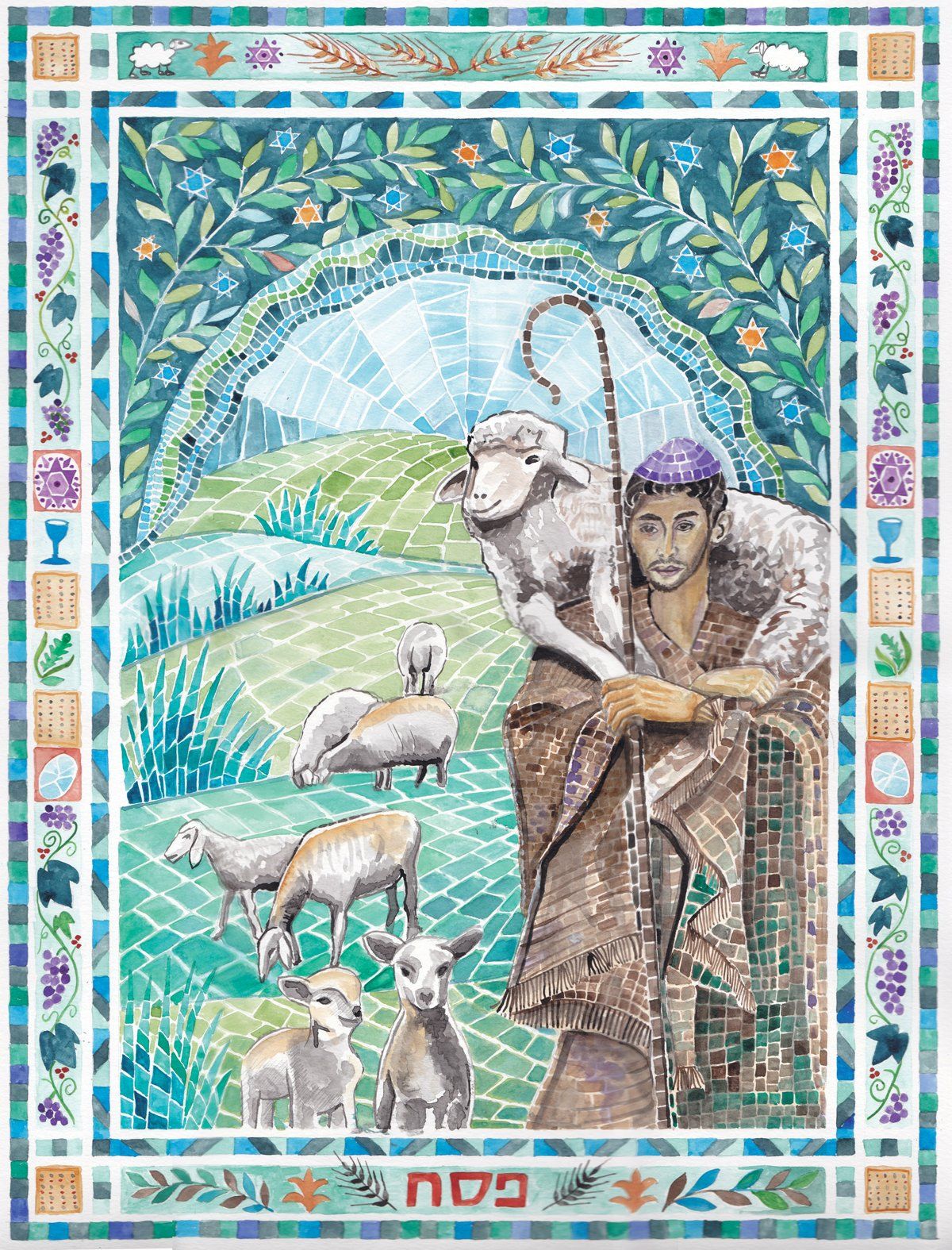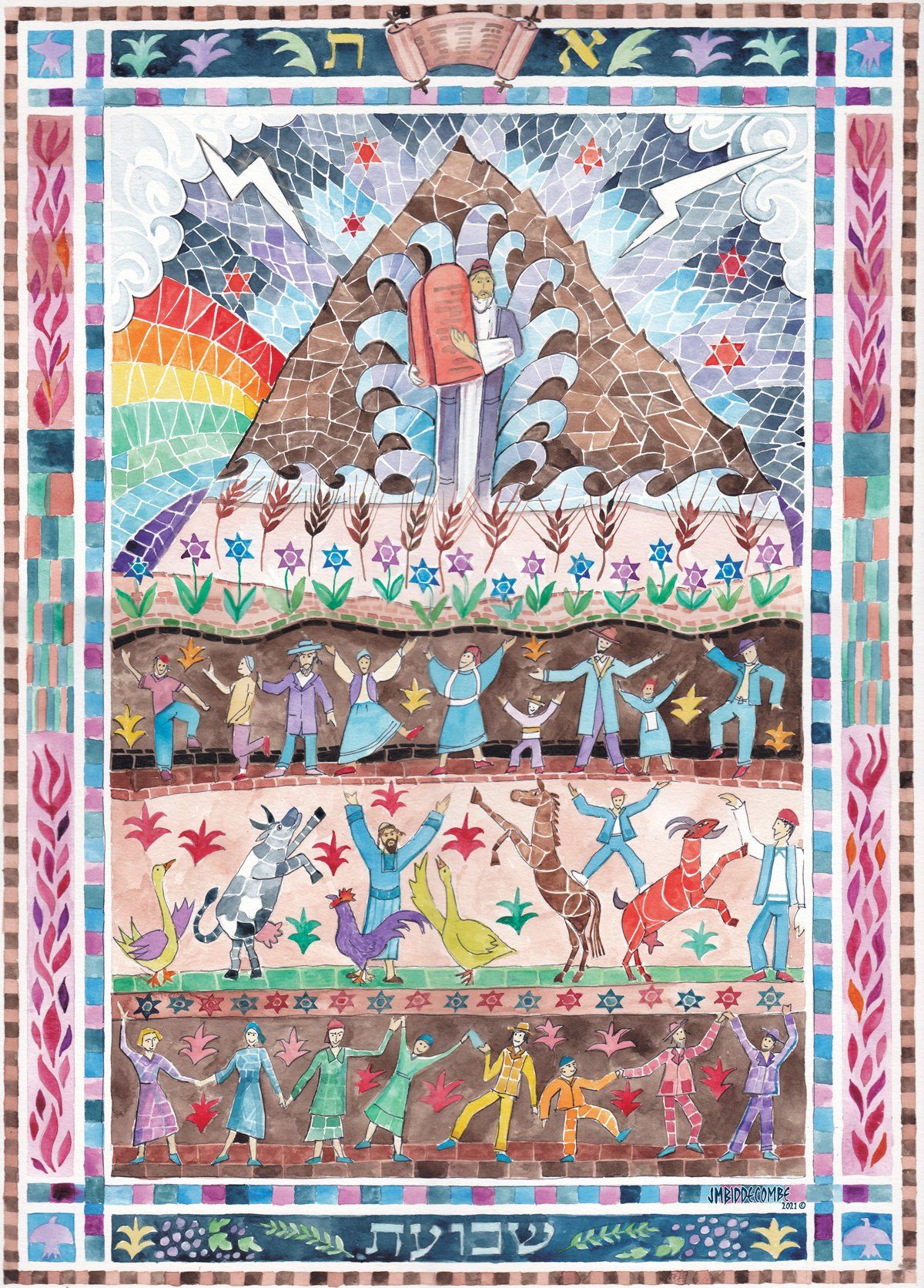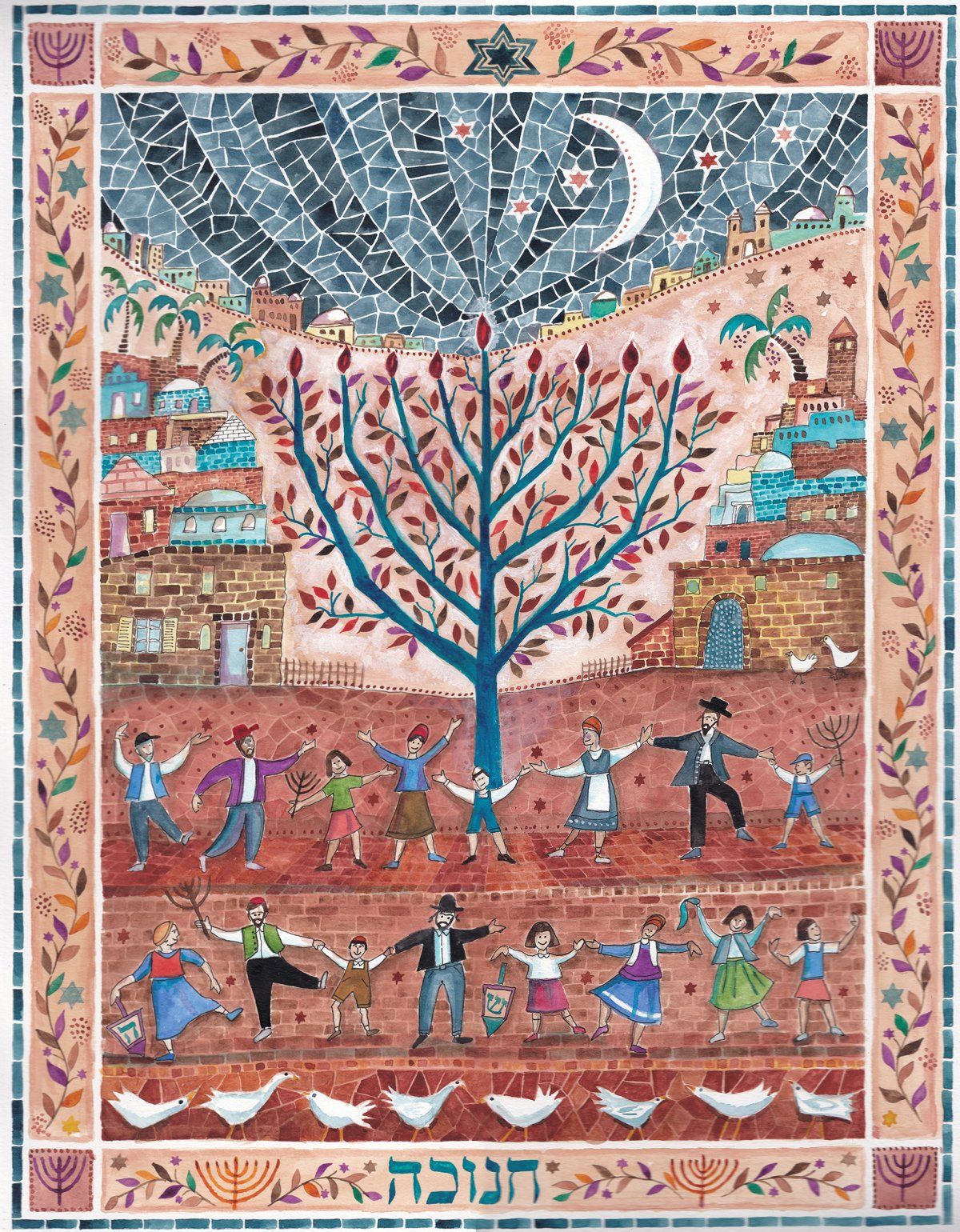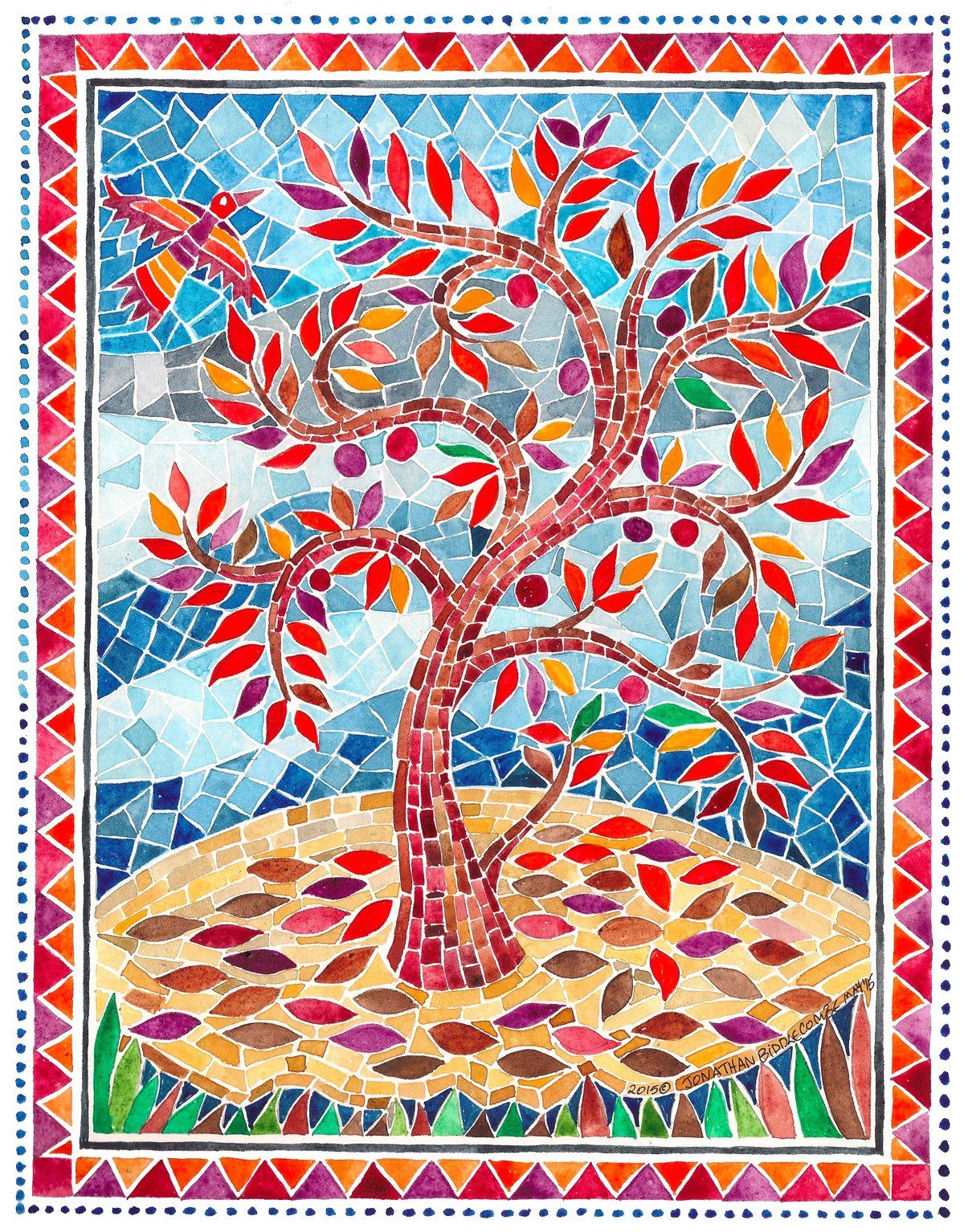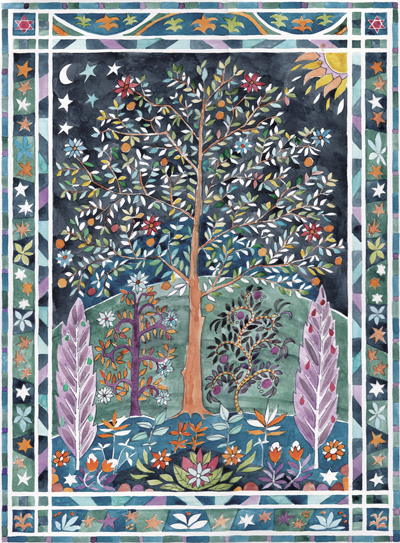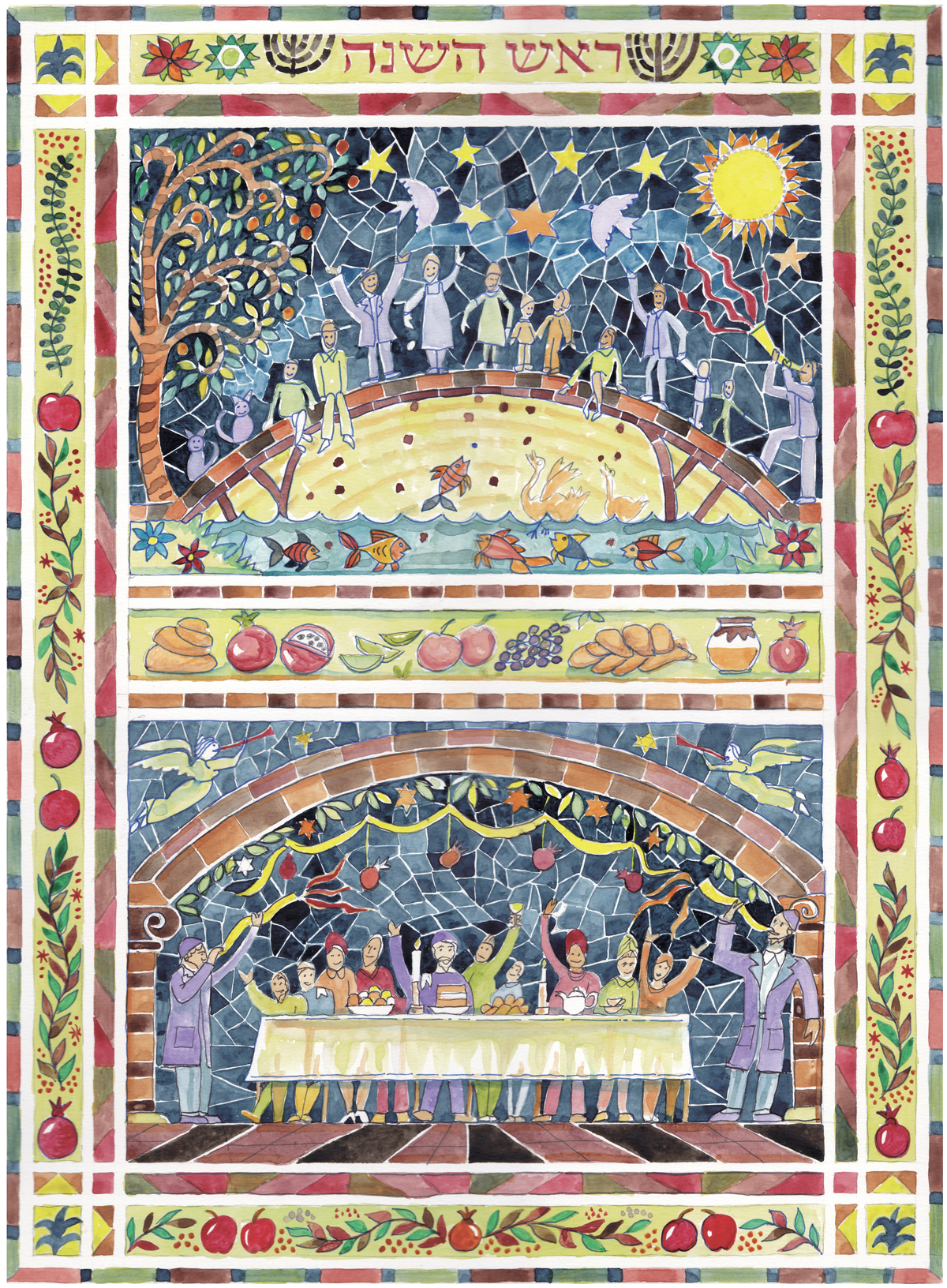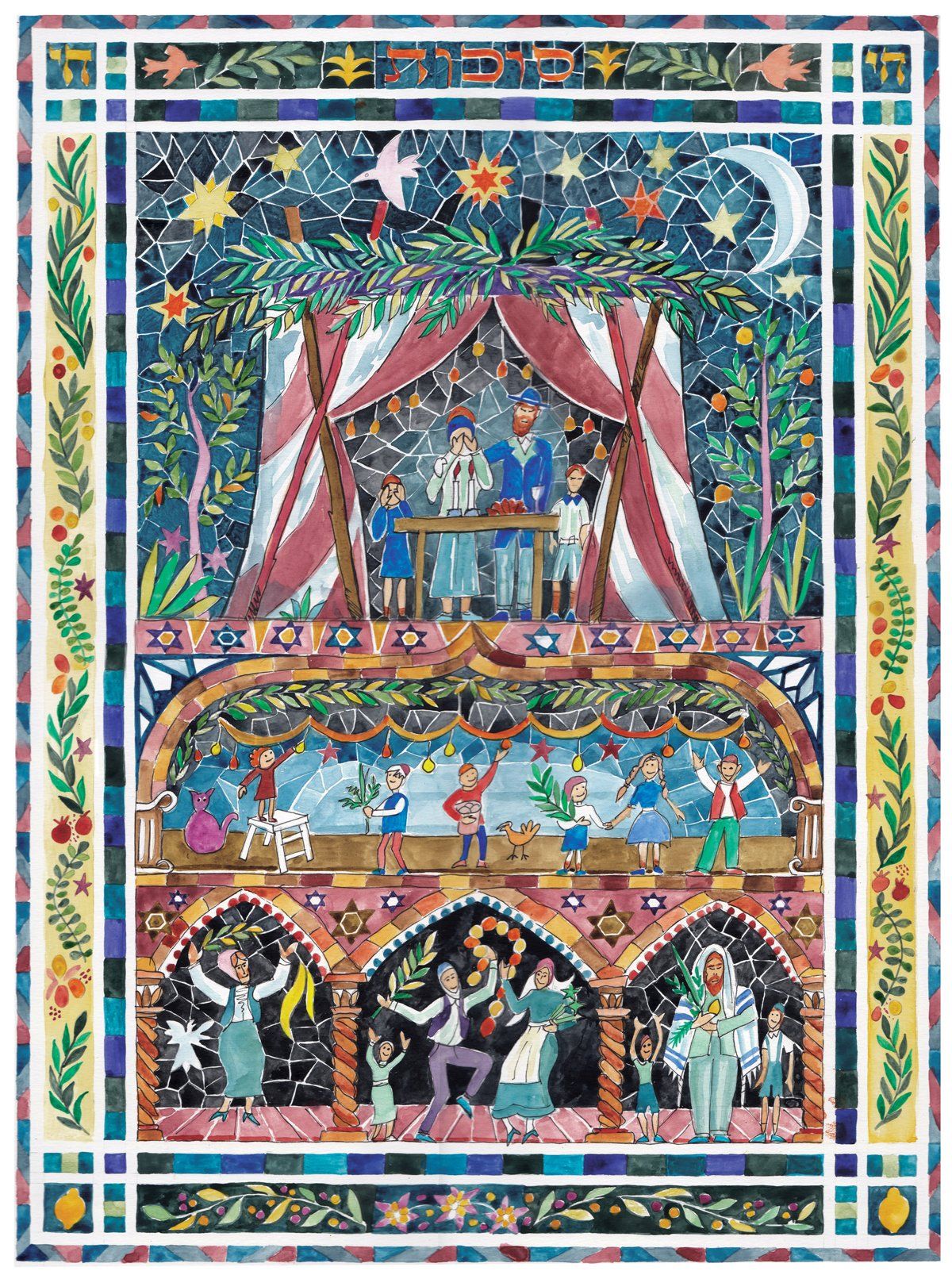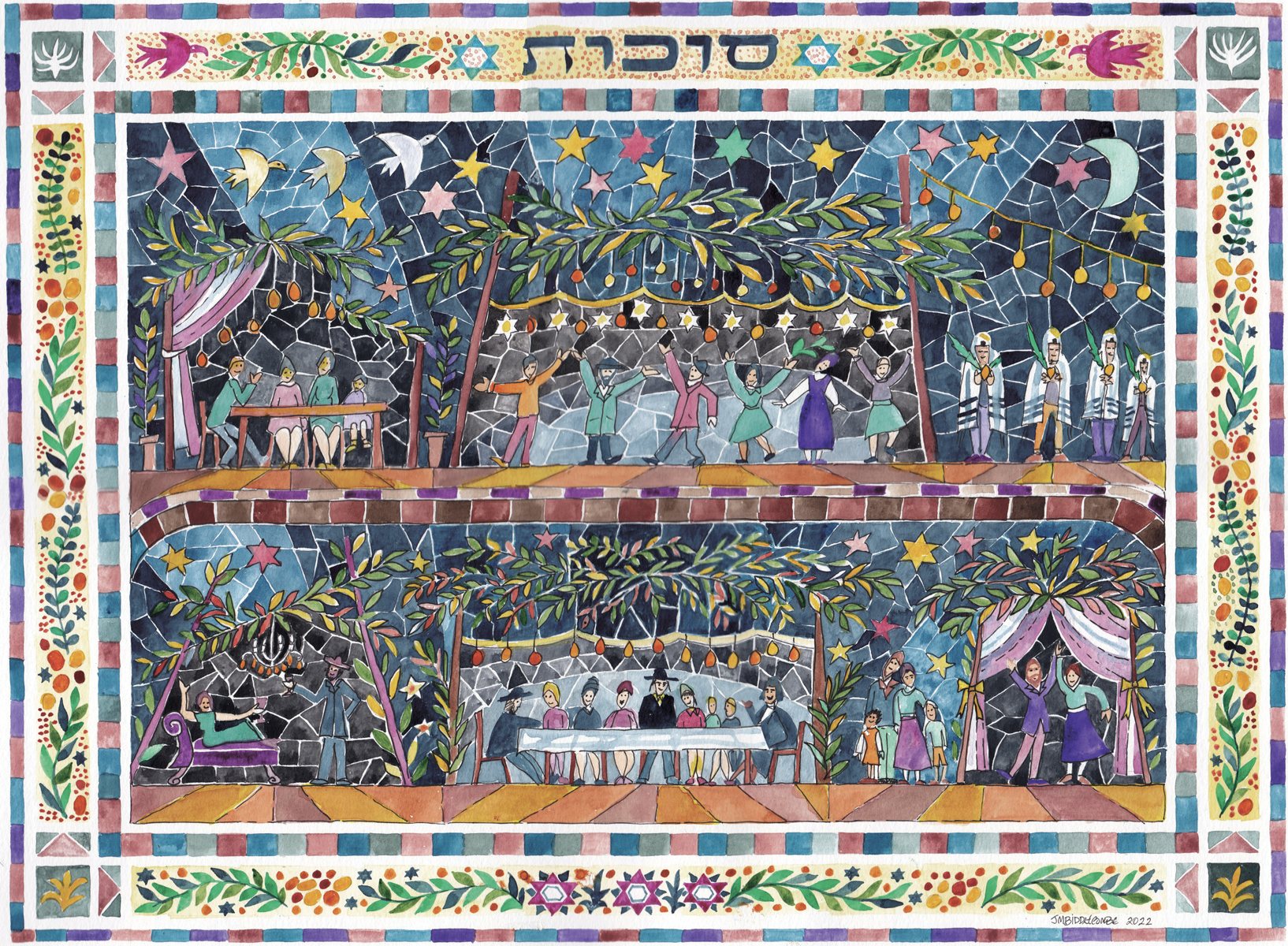Biblical Festivals & Jewish Holidays
A collection of paintings focusing on the Biblical Festivals and Holidays.
Purim:
Purim celebrates the deliverance of the Jewish people from the wicked Haman in the days of Queen Esther of Persia.
Passover / Pesach:
Passover (Pesach) celebrates the deliverance of the Jewish people from slavery in Egypt. The Passover lamb is central to the story of Passover.
For Christians, Passover (Easter) is observed as the crucifixion of Jesus the Messiah as the Passover Lamb
Pentecost / Shavuot:
Pentecost (Shavuot) marks the giving of the Torah on Mount Sinai. The Ten Commandments are read in synagogues, just as they were in the desert on Mount Sinai over 3,000 years ago.
For Christians, Pentecost celebrates the giving of the Holy Spirit in Jerusalem to the followers of the Jesus the Messiah.
Chanukkah (Festival of Lights):
Hanukkah (Chanukah) is the Hebrew word for “dedication.” The eight-day Jewish celebration bearing that name — it is also called the Festival of Lights — remembers the dedication of the Temple in Jerusalem after it had been recovered.
Tu Bishvat 1 (Celebration of Trees Arbor Day):
A celebration of the New Year for the Trees, rejoicing in the fruit of the tree and the fruit of the vine. A time to plant trees and raise awareness about environmental issues.
Rosh HaShanah (Festival of Trumpets):
Rosh HaShanah is the secular Jewish New Year. It is the anniversary of the creation of Adam and Eve, and day of judgement and coronation of God as King.
Sukkot 1 (Festival of Tabernacles):
Sukkot is one of three major Biblical festivals and is the Fall harvest. It is a joyous celebration of the harvest and a time to remember Israel’s wandering in the Sinai desert under Moses before entering the Promised Land. Leviticus 23:33–34
BIBLICAL FESTIVALS & HOLIDAYS EXPLAINED
PESACH (Passover): The story of Passover is a story of miracles and redemption of the Jewish People.
Exodus 12
SHAVUOT (Pentectost): Shavuot falls on the Jewish calendar fifty days after Passover Sabbath. It is the second of three major feasts unto the Lord and holds both great agricultural and historical significance.
Exodus 23:16 / 34:22-23
ROSH HASHANAH / YOM TERUAH (Feast of Trumpets): The first of the Jewish High Holy Days that were listed in Leviticus, Rosh Hashanah, commonly called the Jewish New Year, is a time of celebration and season of reflection and solemnity.
YOM KIPPUR (Day of Atonement): Yom Kippur is a Day of Atonement. Repentance and atonement are the core values and foundations of this holiday that falls in autumn among the three High Holy Days.
Leviticus 16
SUKKOT (Feast of Tabernacles): “And the Lord spoke to Moses, saying, Speak to the people of Israel, saying, The fifteenth day of this seventh month shall be the Feast of Booths for seven days to the Lord”.
Leviticus 23:37-44
CHANUKKAH (Festival of Lights/Dedication): Hanukkah (Chanukah) is the Hebrew word for “dedication.” The eight-day Jewish celebration bearing that name — it is also called the Festival of Lights — remembers the dedication of the Temple in Jerusalem after it had been recovered.

